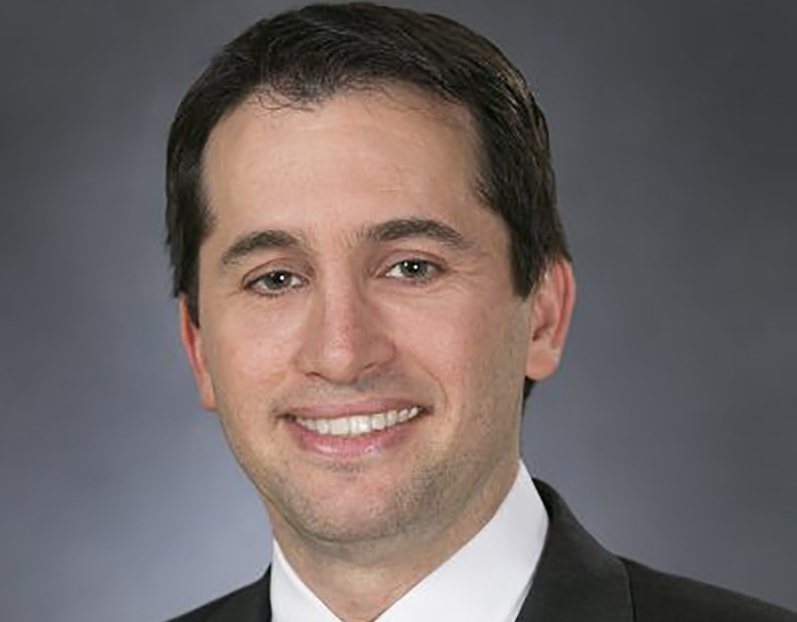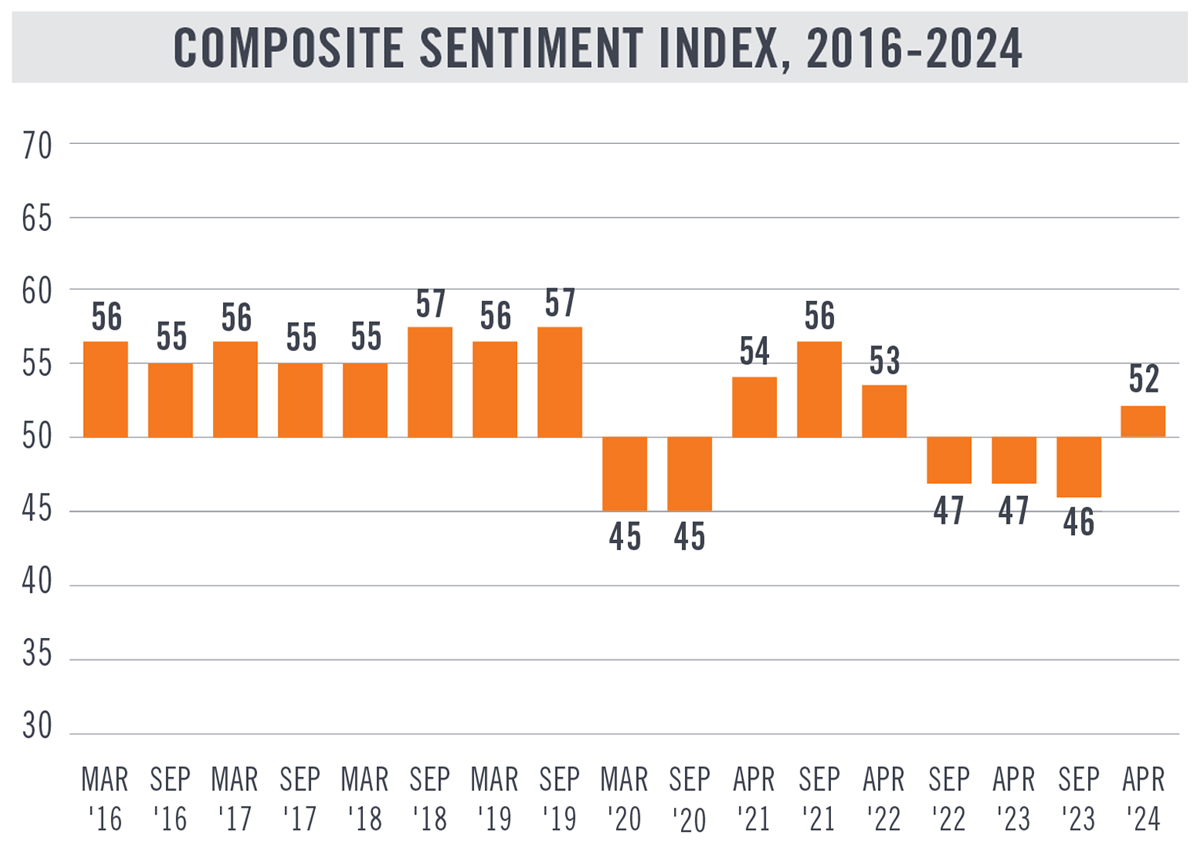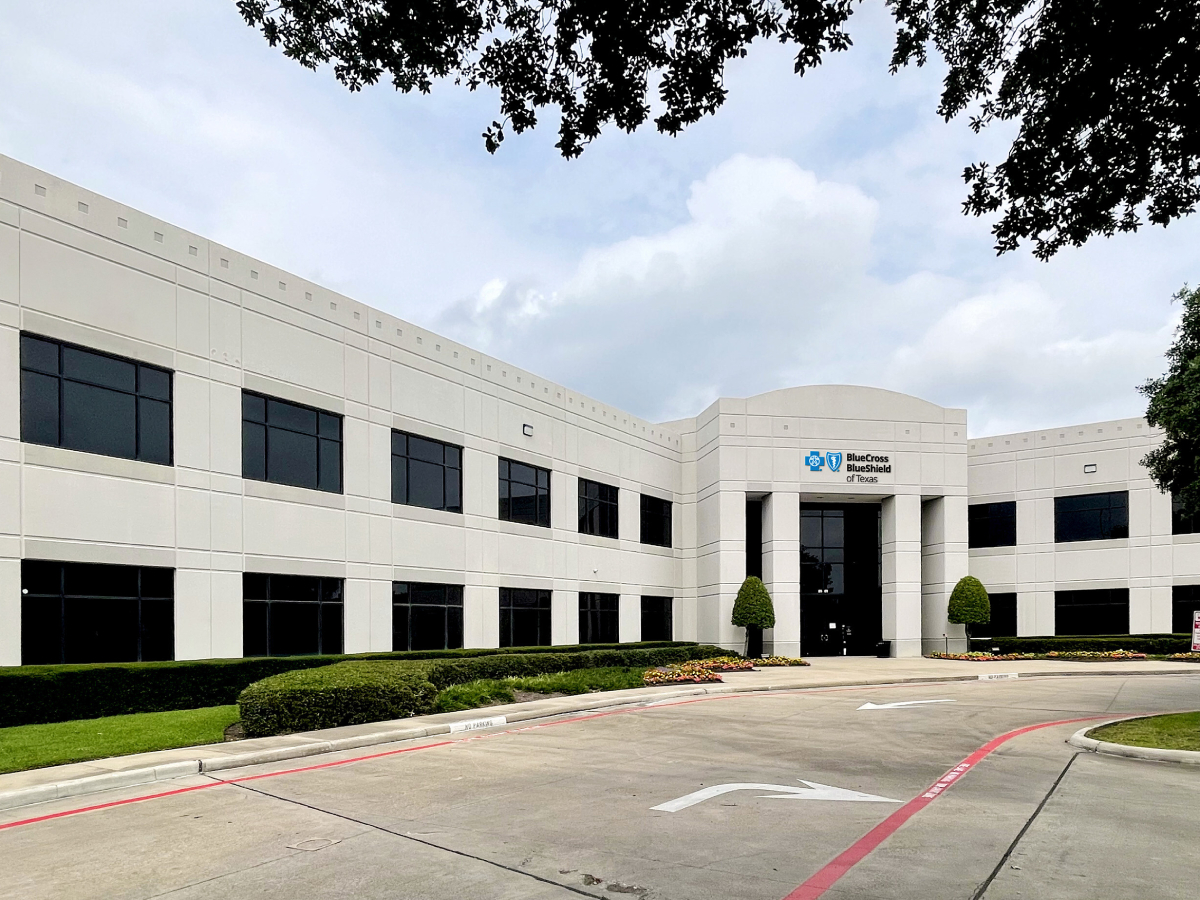Q&A: Discipline Is Key in the Era of Flexible Capital
Admiral Capital Group Co-Founder Daniel Bassichis discusses the changing capital stack and how investors can manage risk in this competitive, late-cycle economy.

Daniel Bassichis, Managing Director, Admiral Capital Group. Image courtesy of Admiral Capital Group
Investment management firm Admiral Capital Group, founded by Daniel Bassichis and basketball Hall of Famer David Robinson, has consolidated its leadership team this year with the addition of two principals—K.C. Nelson and James Maher Jr. The move reflects the company’s plan to expand its investor base and move into the opportunity zones space.
Bassichis discusses the role of flexible capital stacks in this long cycle and the right approach to investing in order to moderate the effects of potential slowdowns.
(Read also: REITs Face Late-Cycle Policy Discipline Test)
How important is it to have flexible capital in today’s real estate investment landscape?
Bassichis: Flexible capital is very helpful in the later stages of the cycle and a very competitive marketplace. There are record levels of capital on the sidelines seeking opportunities and the market is very competitive. Given the changes in pricing, supply and demand and other trends, it is highly beneficial to be able to shift between markets and product types to take advantage of relative inefficiencies in the market. We also value the flexibility of moving up and down the risk curve as we identify mispriced risk.
Which would you say is the strongest property type for investment in 2019 and why?
Bassichis: As we enter the later stages of the cycle, it is important to identify markets and asset types that are defensive in nature. This includes durable and predictable cash flow and locations that are highly desirable for working or living. Given the trends, we believe well-located multifamily and office properties that provide a value alternative to the newer supply, should continue to be an attractive proposition in the coming year. The trends continue to support growing demand for affordable housing, senior housing, self storage and industrial assets as well.
How has the capital stack changed in recent years and what are your expectations going forward?
Bassichis: We continue to see increased amounts of capital on the sidelines for all parts of the capital stack. Although there are record levels of dry powder, institutional investors remain relatively disciplined and slower to deploy. We have seen retail capital get more aggressive on pricing to deploy capital, either with different assumptions or with a lower cost of capital.
The growing sources of senior and mezzanine debt, along with preferred equity, is resulting in the availability of increased leverage, which is attractive to select buyers with higher risk tolerance. The increased number of debt funds and new types of lenders continues to grow and provide more flexible capital stacks. Given this increased flexibility, it is important to remain disciplined and secure an appropriate capital structure to weather potential slowdowns.
How do you see the debt financing landscape going forward?
Bassichis: There has been a recent trend for more and more groups to enter the debt space, which is making the market more competitive. These groups are looking at more complex transactions and transitional assets with the goal of generating higher yields. Given the amount of capital available to deploy and the desire for yield, we expect this trend to continue. However, given the level of competition and tight yields, there is potential for some of the capital raised for these debt vehicles to go undeployed.
What are your views on Opportunity Zone Funds? Does Admiral have any interest in that area?
Bassichis: Opportunity Zones provide a very attractive opportunity to investors with recent capital gains who have patient capital for long-term investments. Admiral has strong interest in pursuing Opportunity Zone investments and currently has several strategies in the works, including involvement with a dedicated Texas opportunity fund called Blueprint Local.
Opportunity Zone legislation was put into place to increase capital flows into areas that historically were under-invested. The purpose of the zones aligns well with the Admiral mission of supporting underserved communities. In addition to several real estate opportunities in the works, we are currently in diligence on an opportunity to acquire an operating company located in an Opportunity Zone that provides the ability for us to generate strong returns and create job growth in a distressed region.
How does the late-cycle economy impact capital markets and real estate investments?
Bassichis: The late cycle is driving more interest to safer assets, driving pricing even further. This includes both debt and equity. The capital that was raised with higher return targets is needing to move up the risk curve, either utilizing increased leverage, moving to secondary markets, taking on development risk or other risks.
Overall, capital continues to get allocated to real estate at record levels but with different risk profiles. There has been an increase in the core and core-plus vehicles understanding that it is more challenging to deliver value-add returns at scale. Core-plus opportunities in this environment are more readily available, often less competitive and can provide compelling returns relative to the risk profile. The ongoing need to deploy capital and provide steady cash flow should only continue to increase capital flowing into core-plus assets.







You must be logged in to post a comment.